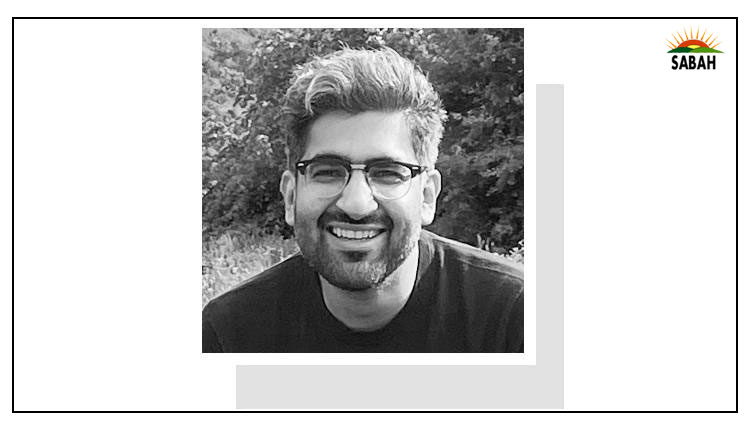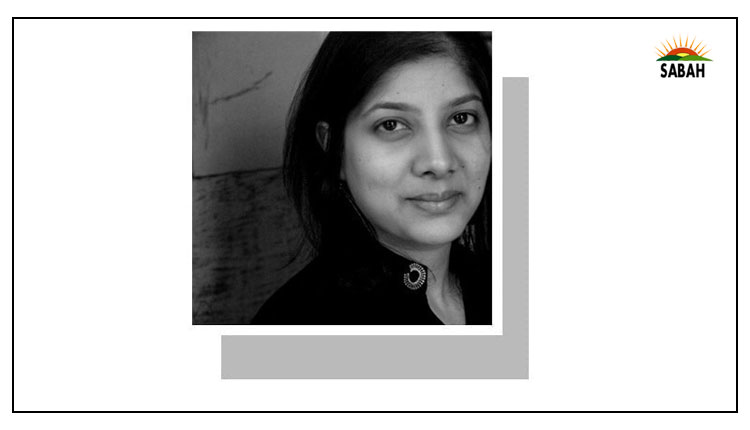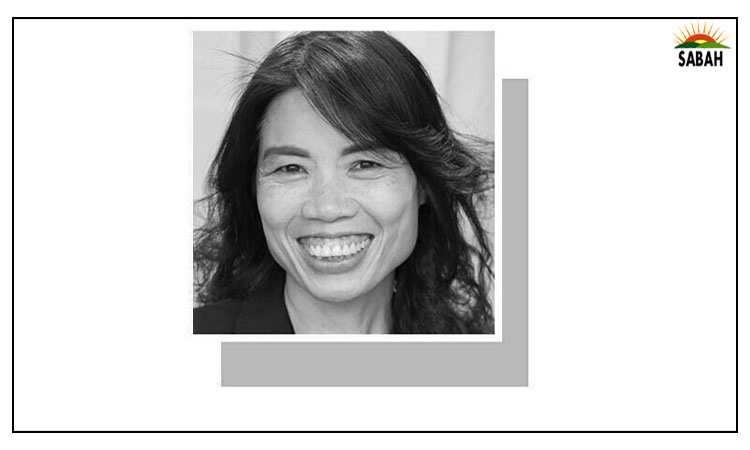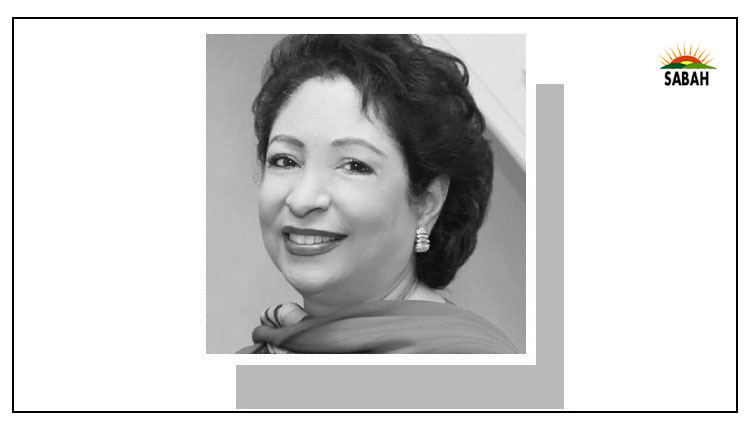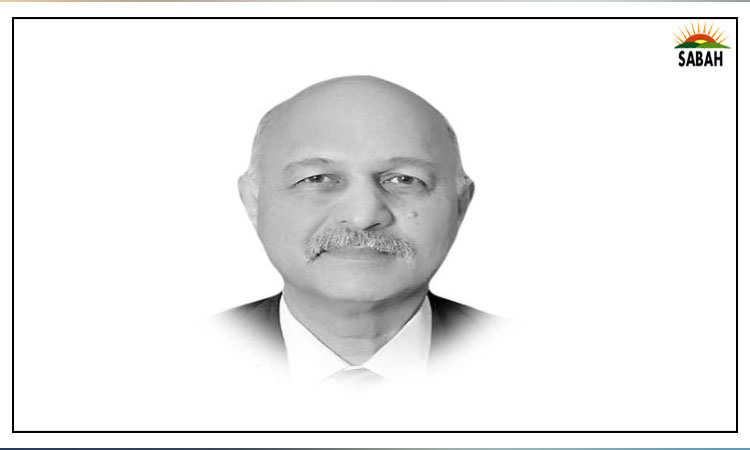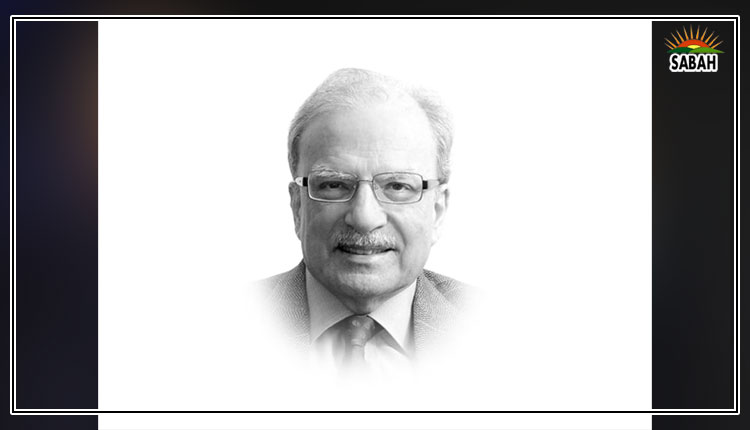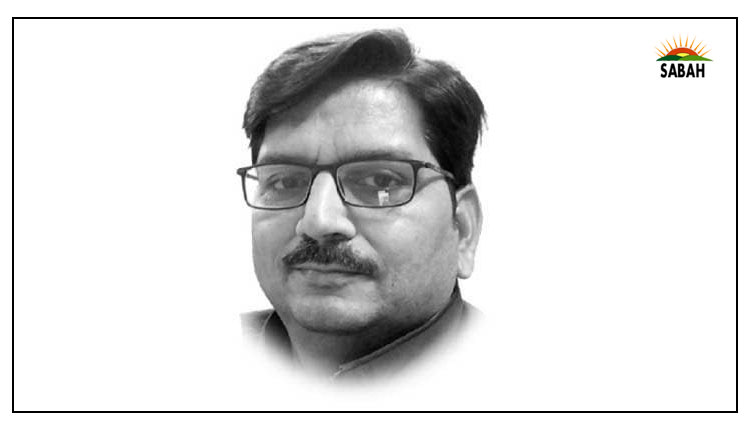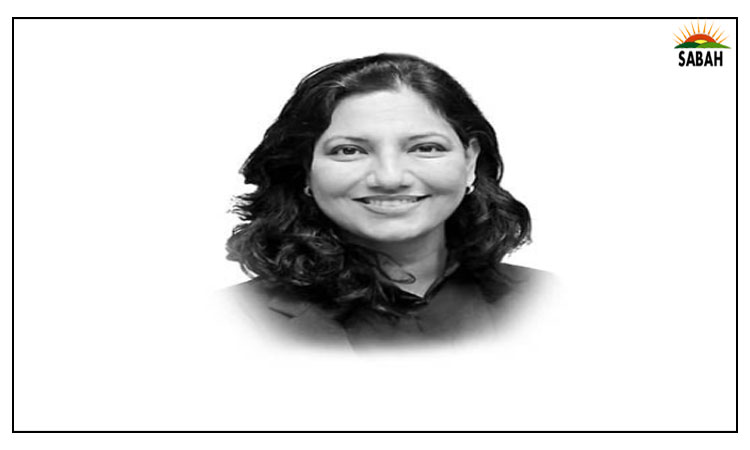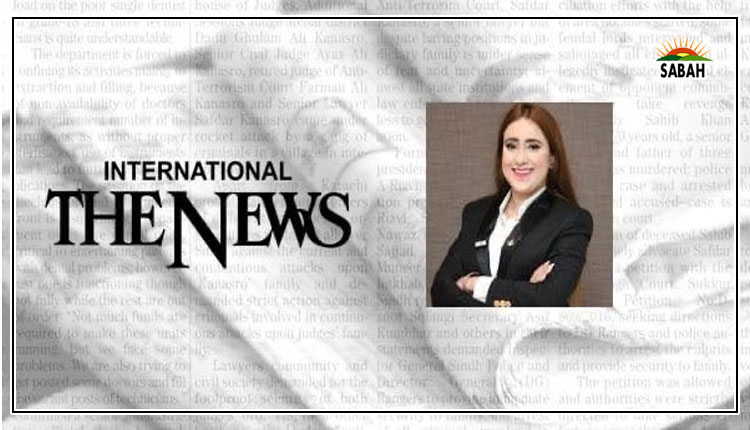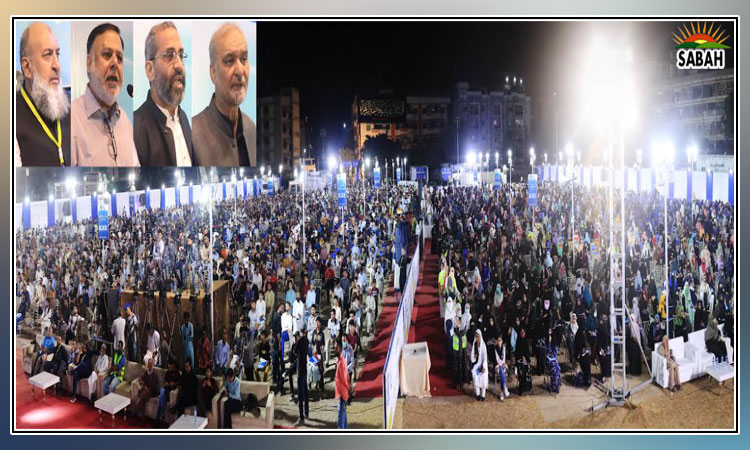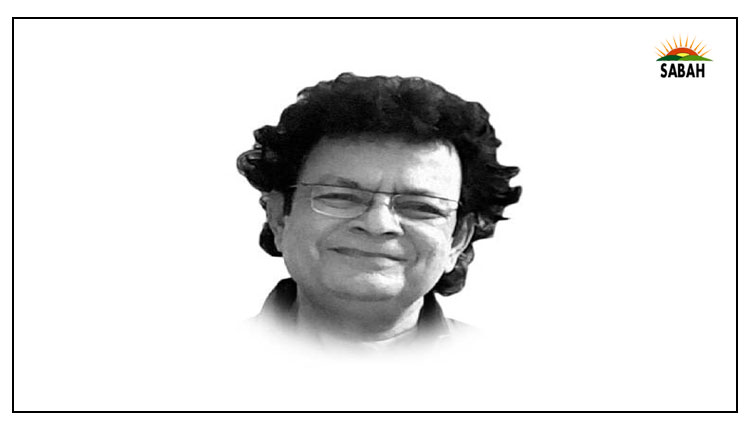Truth is the only solution…Aftab Ahmed Khanzada
Jean-Paul Sartre, the famous philosopher, writes, I exist, that is all, and I find it nauseating. Man is molded by his surroundings, and he cannot be unlike his surroundings. There are a few examples of change through political movements, philosophers and intellectuals who have all left a profound impact. Sartre refused to accept the Nobel Prize, saying that it was a cover of the capitalist system. His philosophy of existentialism had a profound impact on his time.
John Steinbeck, a prominent figure in American literature, intricately weaves philosophical themes into his novels, addressing questions of morality, social justice, and the concept of American Dream. His exploration of these themes is particularly evident in works such as Of Mice and Men; The Grapes of Wrath; East of Eden; and The Winter of Our Discontent. Through vivid storytelling and compelling characters, Steinbeck invites readers to ponder the complexities of the human condition and society at large.
In Of Mice and Men, Steinbeck delves into the moral dilemmas faced by individuals striving for a better life during the Great Depression. The characters of George and Lennie, reminiscent of the biblical brothers Cain and Abel, navigate the harsh realities of a world where dreams often collide with harsh realities. Through their journey, Steinbeck raises questions about friendship, loyalty and the pursuit of happiness. Similarly, in The Grapes of Wrath, Steinbeck explores the plight of the Joad family as they confront economic hardship and social injustice during the Dust Bowl era. Drawing parallels to the biblical Exodus story, Steinbeck depicts the Joads quest for a promised land a symbol of the American Dream amidst the harsh realities of poverty and exploitation. Through the Joads struggles, Steinbeck challenges conventional notions of success and highlights the systemic injustices ingrained in the American society. I believe that there is one story in the world, and only one. Humans are caught in their lives, in their thoughts, in their hungers and ambitions, in their avarice and cruelty, and in their kindness and generosity too-in a net of good and evil There is no other story. A man, after he has brushed off the dust and chips of his life will have left only the hard, clean questions: Was it good or was it evil? Have I done well or ill?
In Chapter 34 of East of Eden, the narrator discusses his view that the one central narrative in human history is the endless struggle between good and evil. He believes that this recurring conflict is so important to human history that there essentially is no other story. Each individual, regardless of what their ancestors have learned, struggles with the same fundamental problem of evil. In this way, no progress is made as generations pass, for each individual faces the same ancient struggle and the same ancient choices. Although the narrators idea is somewhat optimistic in that it implies that each individual has free will to reject evil, it also implies that the struggle with evil is endless and inescapable and will therefore always be part of the human condition. Aldous Huxley says in this regard: The effects that follow too constant and intense concentration on evil are always fatal. Those who embark on a crusade, not for God in themselves, but against the devil in others, never succeed in making the world better, but leave it as it was, or sometimes even noticeably worse than it was, before the crusade began.
We all have a persona in our lives a different person inside us that we are always afraid of. This fear always follows and dominates us and we try to run away from it. Human beings are a product of society; they grow up and get buried in it all their lives, feeling disgusted, worried and afraid. They are afraid of themselves in any controlled society that is falling to decay. Within a person, the battle of conflicting personalities continues. A clean society is the cure, but accepting and treating truth is the only solution. Disaster is in sight. Are we ready to challenge it or hiding our faces in the sand?
Courtesy The Express Tribune


